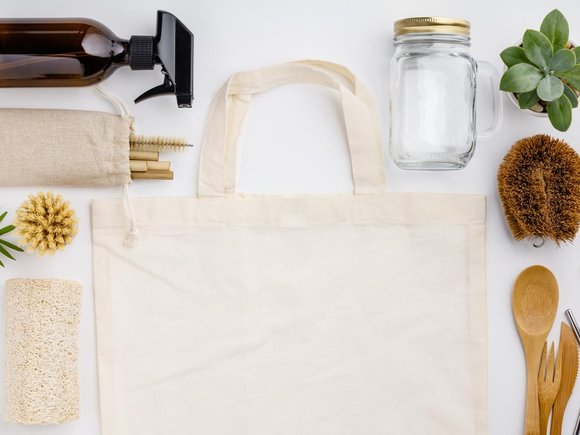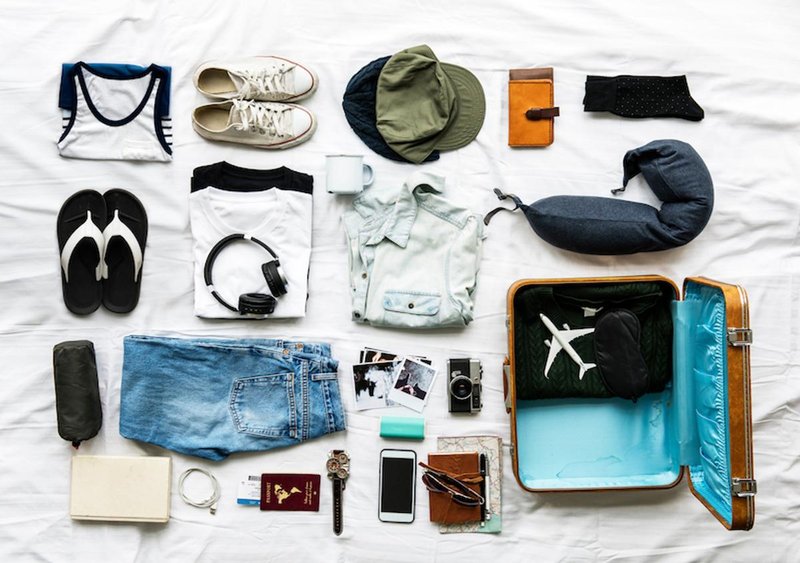Image: Canva
1. Pack Lightly
Before you can head out on holiday, you’ll have to finish packing. When it comes to packing, less is more! Bring only what you really need for your trip. This will reduce the amount of effort your car or camper will need to put in to get you from A to B, meaning your vehicle will use less gas. You can find tips for packing your motorhome in this article and you can find a packing list here.
The contents of your baggage can also include more sustainable alternatives that can help you save on space and weight. Toiletries and washing up liquid can be refilled using your regular products, so you don’t need to purchase new travel-sized bottles for every trip. Or you can take it one step further and switch to bar soaps and shampoos, preferably ones that come in stainless steel or wood packaging. Rather than bringing along large, paper maps, you can download the offline map of your destination. You can also always find the perfect campsite for your next stop using the camping.info app.
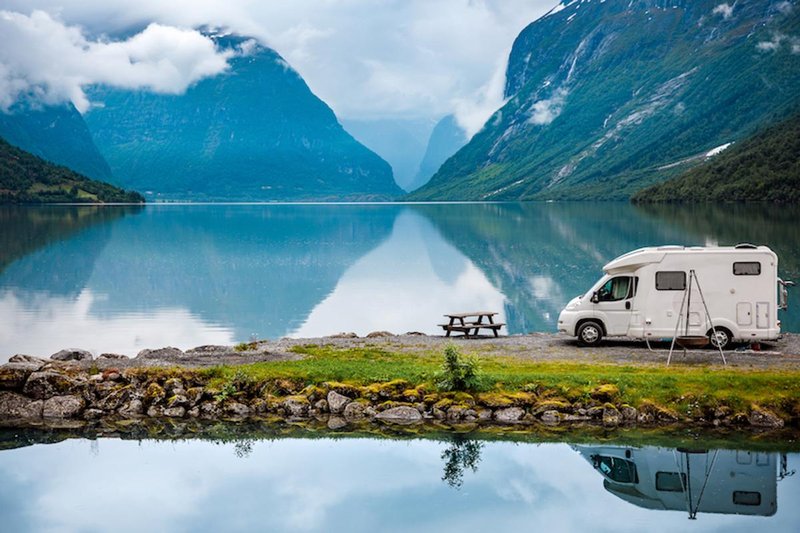
Image: Canva
2. Slow Down
There is a range of new, low-emission motorhomes on the market today, that can help make your trip more sustainable. If you prefer camping in a tent or if you’re not in the market for a new vehicle, though, there are other ways to travel sustainably.
To use less gas, drive at a steady speed (ideally between 90-100 km/h or 55-65 mph) and try to avoid frequent changes in speed. If you’re on holiday with a group, travel with as few vehicles as possible, or consider using public transport. Trains and coaches are also good alternatives.
A shorter journey also means fewer emissions and a more environmentally friendly trip: Check out the exciting holiday destinations in your area before planning a trip across the globe. A good rule of thumb: The farther away your destination is, the longer you should stay there.
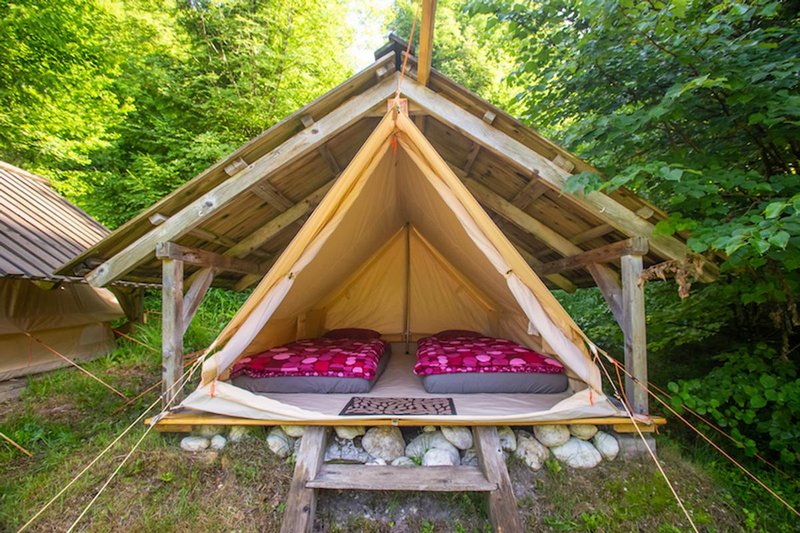
Image: Canva
3. Stay in Eco-Friendly Accommodations
Camping is one of the most environmentally friendly ways to go on holiday. Of course, there is plenty of variation for just how sustainable a particular holiday is, but more and more campsites are focusing on their environmental impact, choosing to rely on solar energy or planting vegetable gardens, for example. ECOCAMPING presents awards to particularly environmentally friendly campsites and sustainable glamping accommodations.
When you look for campsites on camping.info, you can see which campsites have been awarded the ECOCAMPING Award and the EU Ecolabel. That way, you can be sure that you’re spending your holidays on a sustainable campsite. There are currently over 200 campsites on camping.info with the ECOCAMPING Award.
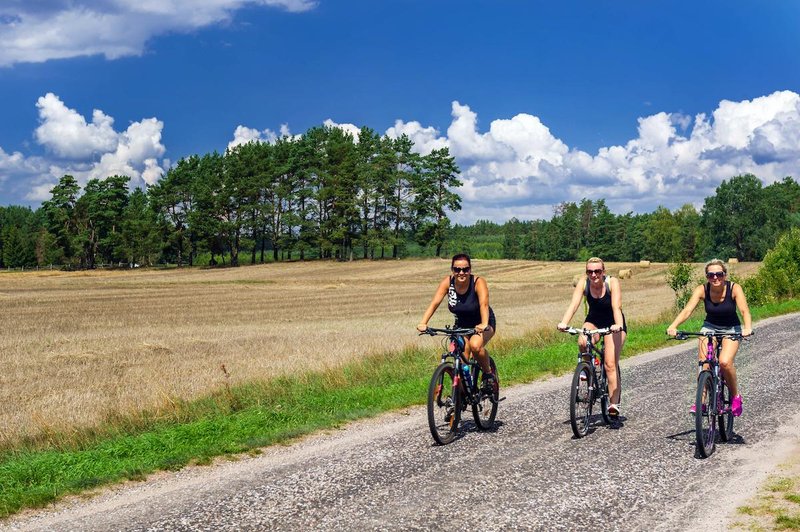
Image: Canva
4. Bring a Bicycle
Biking is more than just fun and good for your health — it’s also great for the environment. Cars are less efficient on short trips with lots of changes in speeds, such as when driving in and around town. In some cases, you can even get to the next town quicker by bike than by car, and you can park pretty much anywhere.
Plus, you can explore the area more thoroughly than you could in a car, and since you’ll be using less gas, you can put the money you’ll save towards other events and activities. If your excursion destination is too far or if the weather is poor, use public transport and leave your car or motorhome at the campsite.
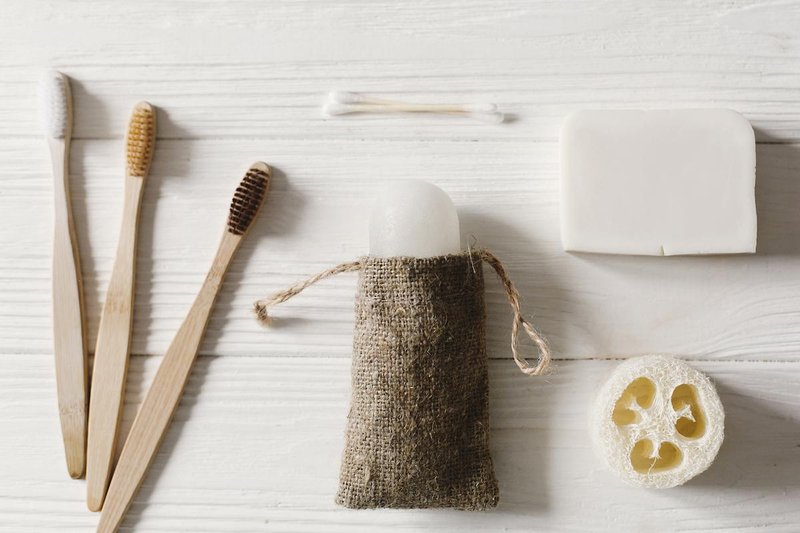
Image: Canva
5. Choose Eco-Friendly Personal Hygiene Products
Many soaps and shampoos are made with chemicals that can be less-than-kind to the environment. This isn’t only an issue when you’re washing off in a lake on a wild camping holiday. They can also end up in the environment via the sewage system when you shower at a campsite, for example. Preventing this is as easy as choosing environmentally friendly products.
There are plenty of eco-friendly options available, but as with traditional hygiene products, you may need to experiment a little to find out what works best for your hair texture and skin type. It’s definitely worth it, though! Don’t forget to turn off the tap while you brush your teeth, and consider using a bamboo toothbrush and solid toothpaste. These, too, will help you save weight and space when packing.
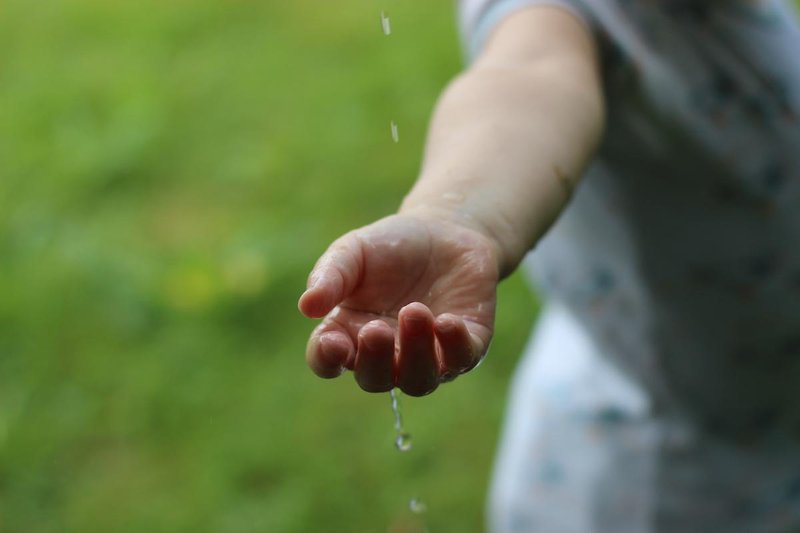
Image: Canva
6. Use Resources Wisely
Be mindful of how you use the resources available to you. It may be redundant, but every bit helps, even if it’s just trying to reduce the amount of time you spend in the shower or using solar chargers for your electronic devices.
When you’re staying in a warmer climate, you’ll be tempted to use the air conditioner in your motorhome or rental accommodation. Try to avoid it when you can, though! Even turning it off when you leave and setting it to a less-extreme temperature can already help. And how about going on a romantic picnic with regional specialities from the local market rather than using your gas or electric grill?
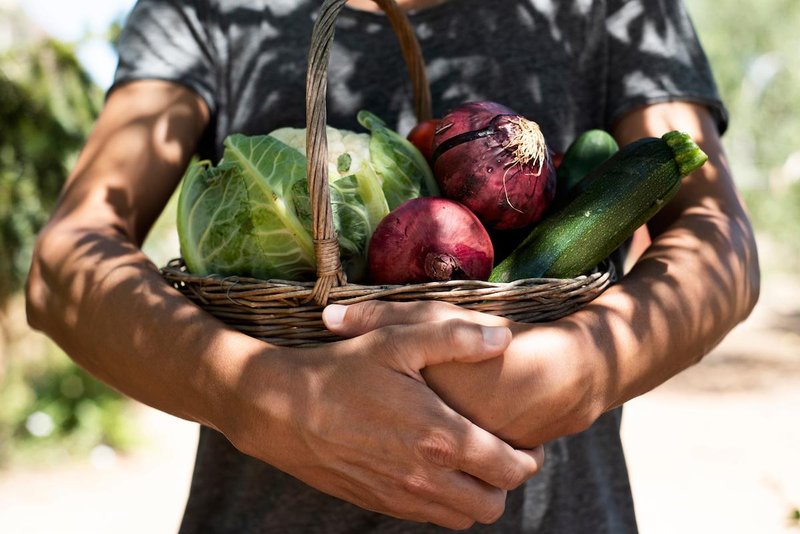
Image: Canva
7. Keep it Local
Choose the small, local restaurant instead of the international chain. Get your groceries at the farmers market with regional specialities instead of going to the supermarket. Buy your souvenirs from the small, unassuming shop down the road.
Little changes in your daily holiday routine like these can make a difference. You’ll discover regional delicacies that you had never heard of before, get practical tips from the locals, and maybe you’ll even find a handmade treasure for your friends and family back home.
For your day trips, choose the more sustainable option, and go on a tour with a local guide: Not only will your guide probably know the area better, but you’ll also directly support the region financially.
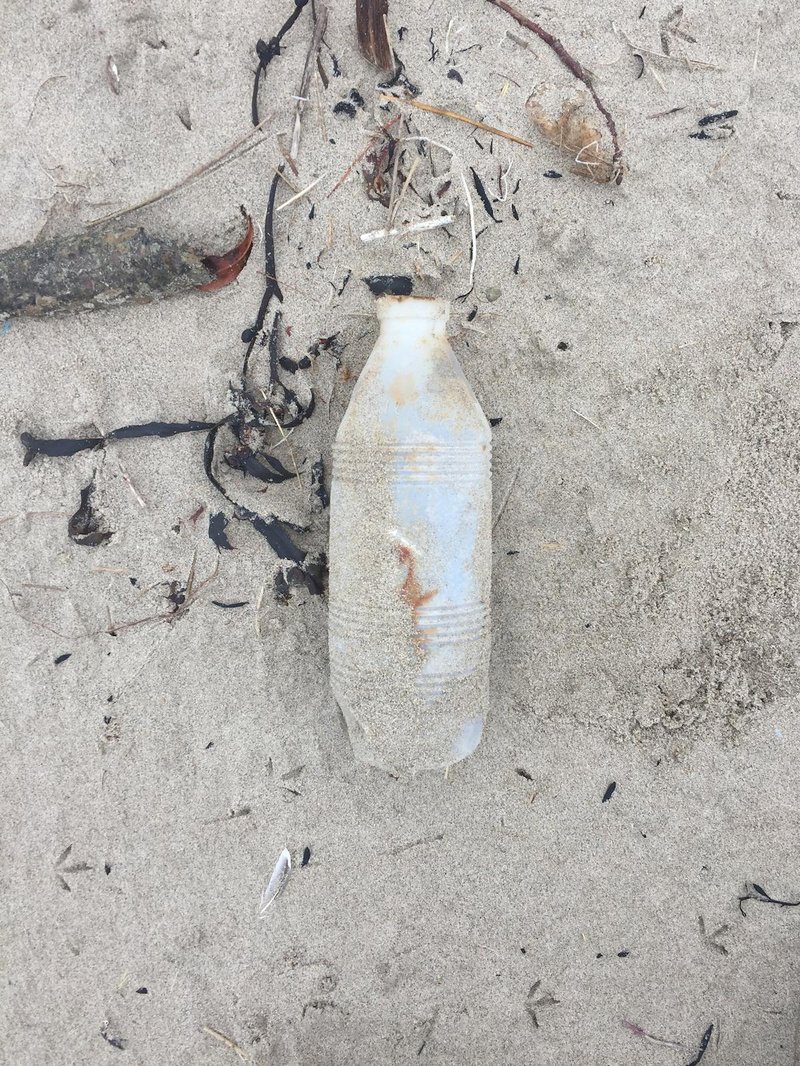
Image: Canva
8. Mind Your Waste (Or: Out of Sight, Out of Mind?)
Make sure you don’t leave any litter when you pack up your tent and leave, especially when you go wild camping. It’s extremely important for both environmental and sanitary reasons that you only dispose of greywater and wastewater at the appropriate and designated facilities.
Litter and waste that has been improperly disposed of could become a health and safety hazard for the local flora and fauna or for other campers. Want to do even more for the environment? Bring a bin bag (or, better yet, a jute bag) with you on your next walk, and pick up plastic litter. That way, you can be sure that the harmful particles don’t wind up in the groundwater or the ocean.
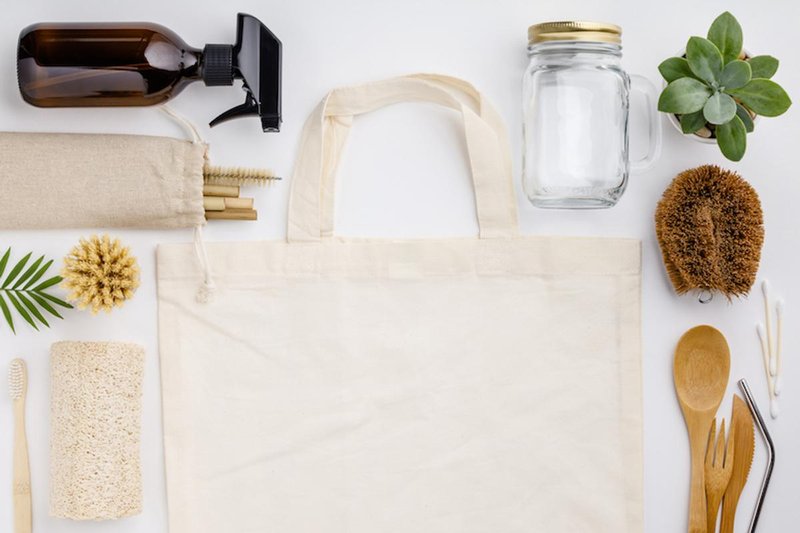
Image: Canva
9. The Three R's: Reduce, Reuse, Recycle!
Once you've begun reducing the amount of energy and resources you use, it may be easier for you to start reducing your consumption of single-use consumer goods, as well. Stainless steel cutlery, for example, is much better for the environment than plasticware, and the switch will save you money in the long run. The same is true for reusable straws, water bottles and coffee cups.
Don’t forget to recycle what you can and to separate your waste properly! And before you head out on the road, make sure to find out if the tap water is safe to drink.
Are you on the hunt for sustainable and environmentally friendly campsites? On camping.info, you’ll find around 200 campsites with the ECOCAMPING Award.
 Deutsch
Deutsch Nederlands
Nederlands français
français italiano
italiano Español
Español български
български босански
босански čeština
čeština dansk
dansk Ελληνικά
Ελληνικά eesti
eesti suomi
suomi hrvatski
hrvatski magyar
magyar lietuvių
lietuvių latviešu
latviešu norsk bokmål
norsk bokmål polski
polski português
português română
română русский
русский slovenčina
slovenčina slovenščina
slovenščina српски
српски svenska
svenska Türkçe
Türkçe